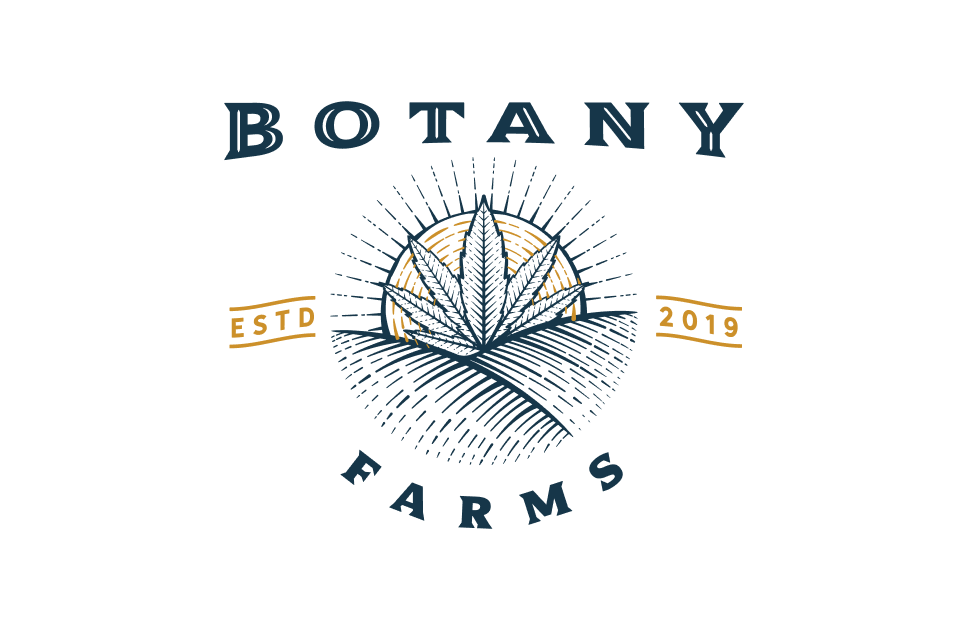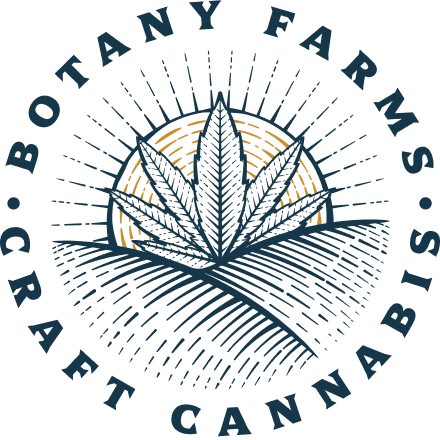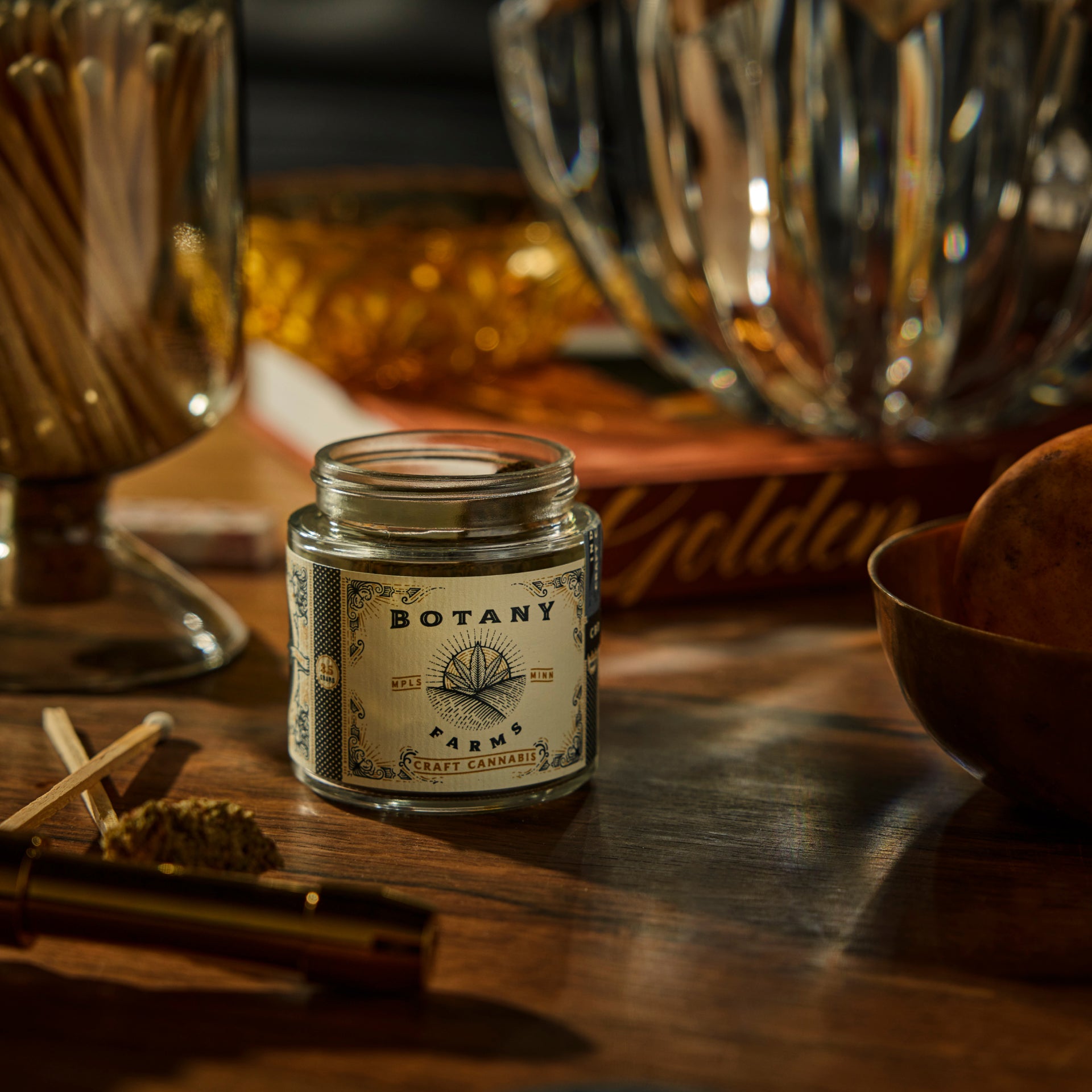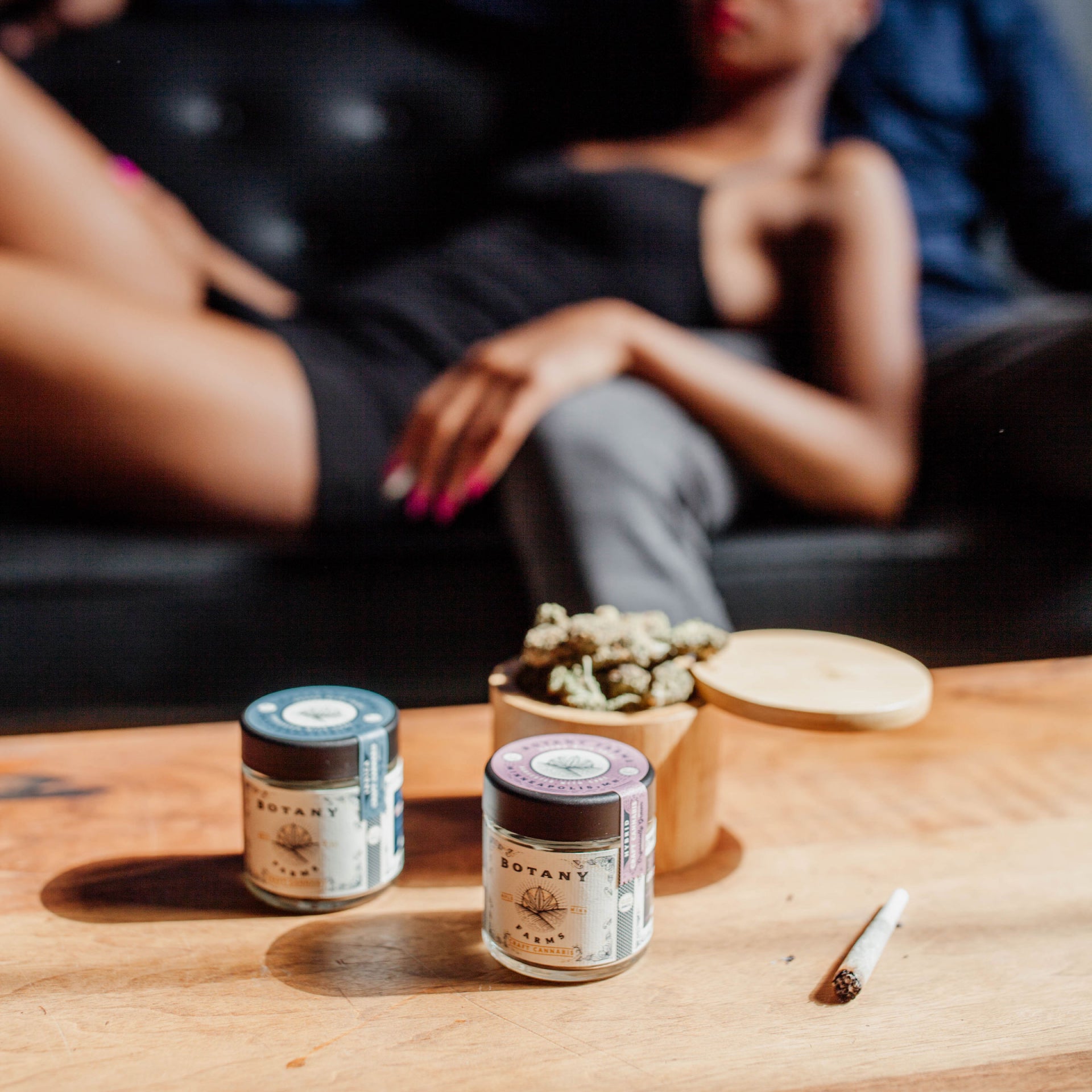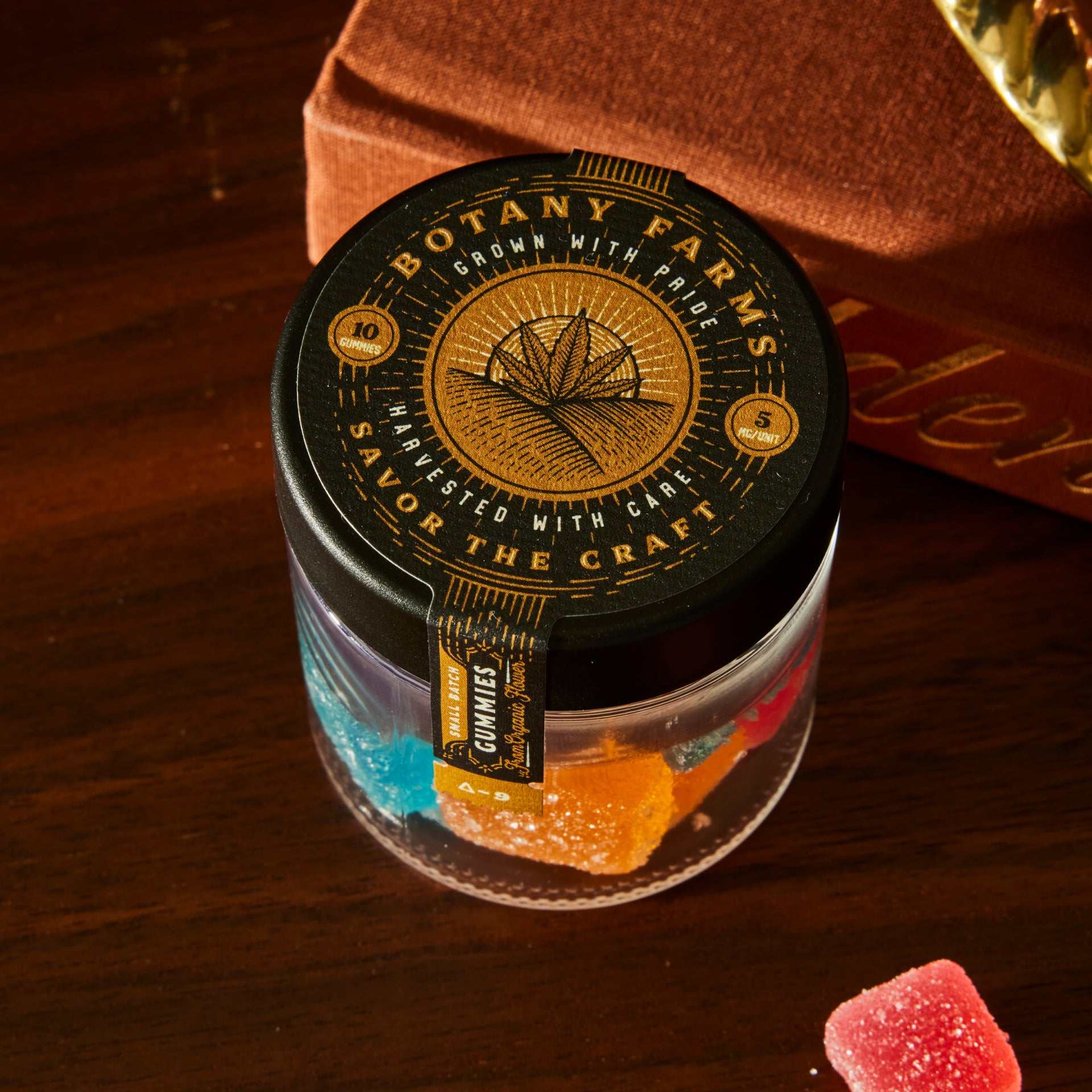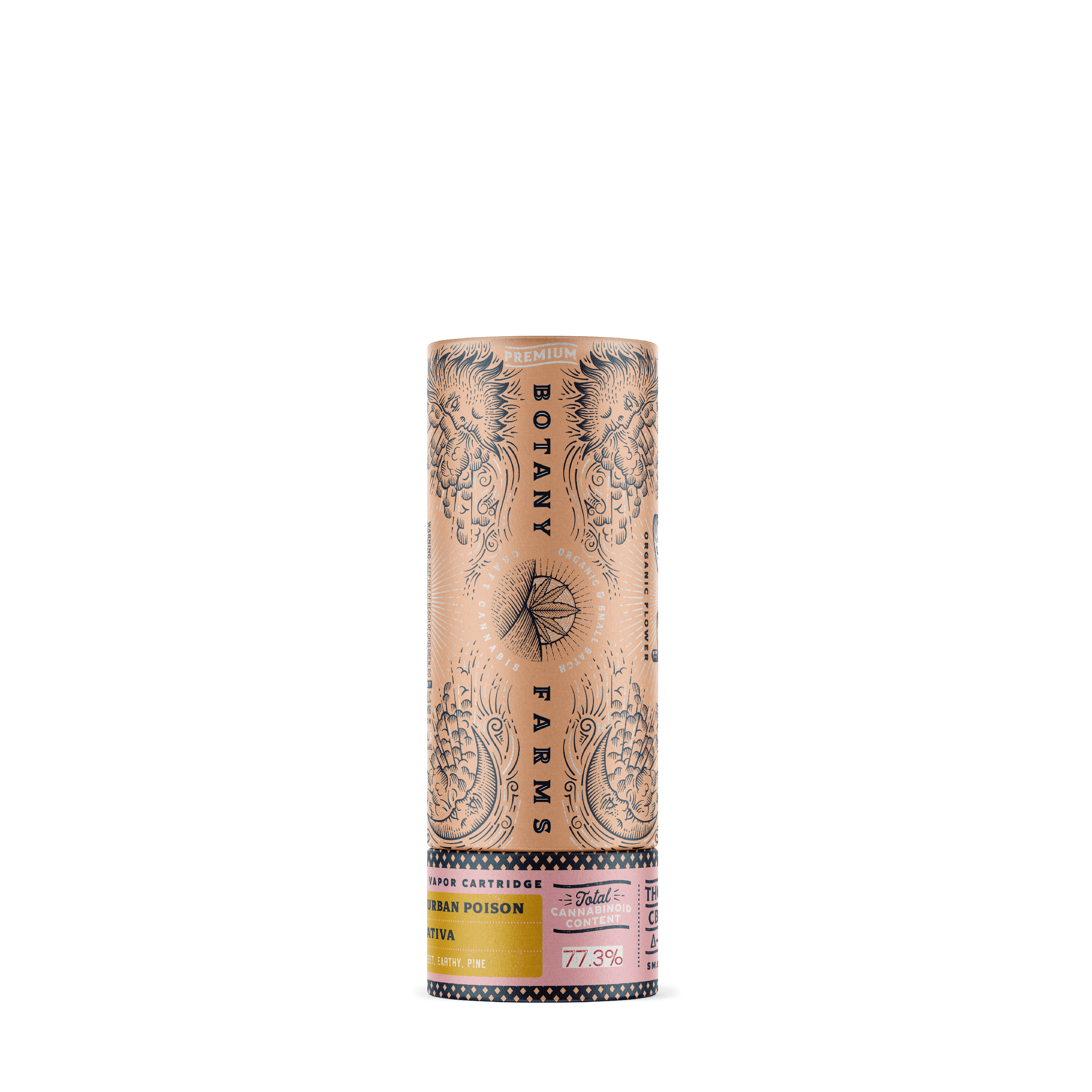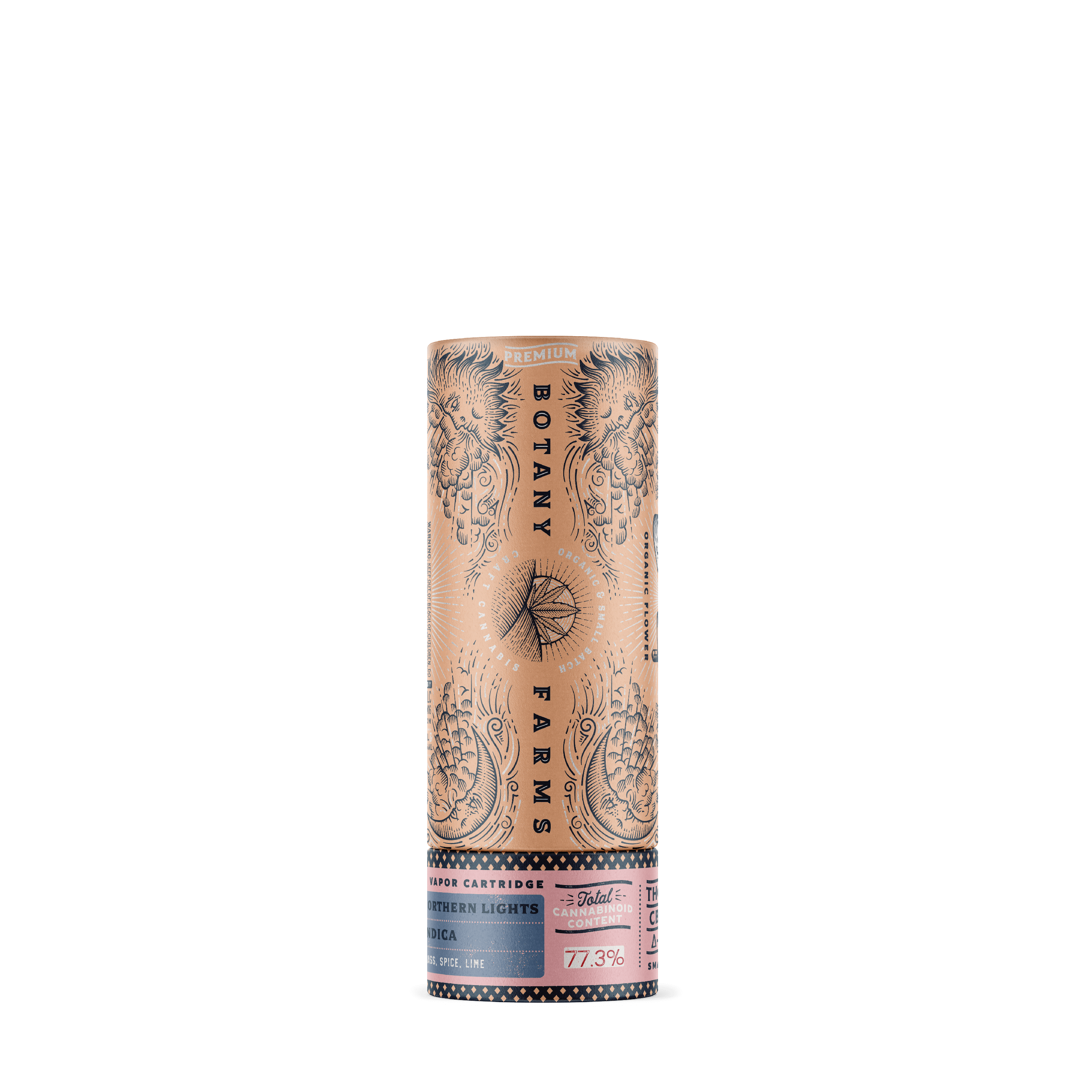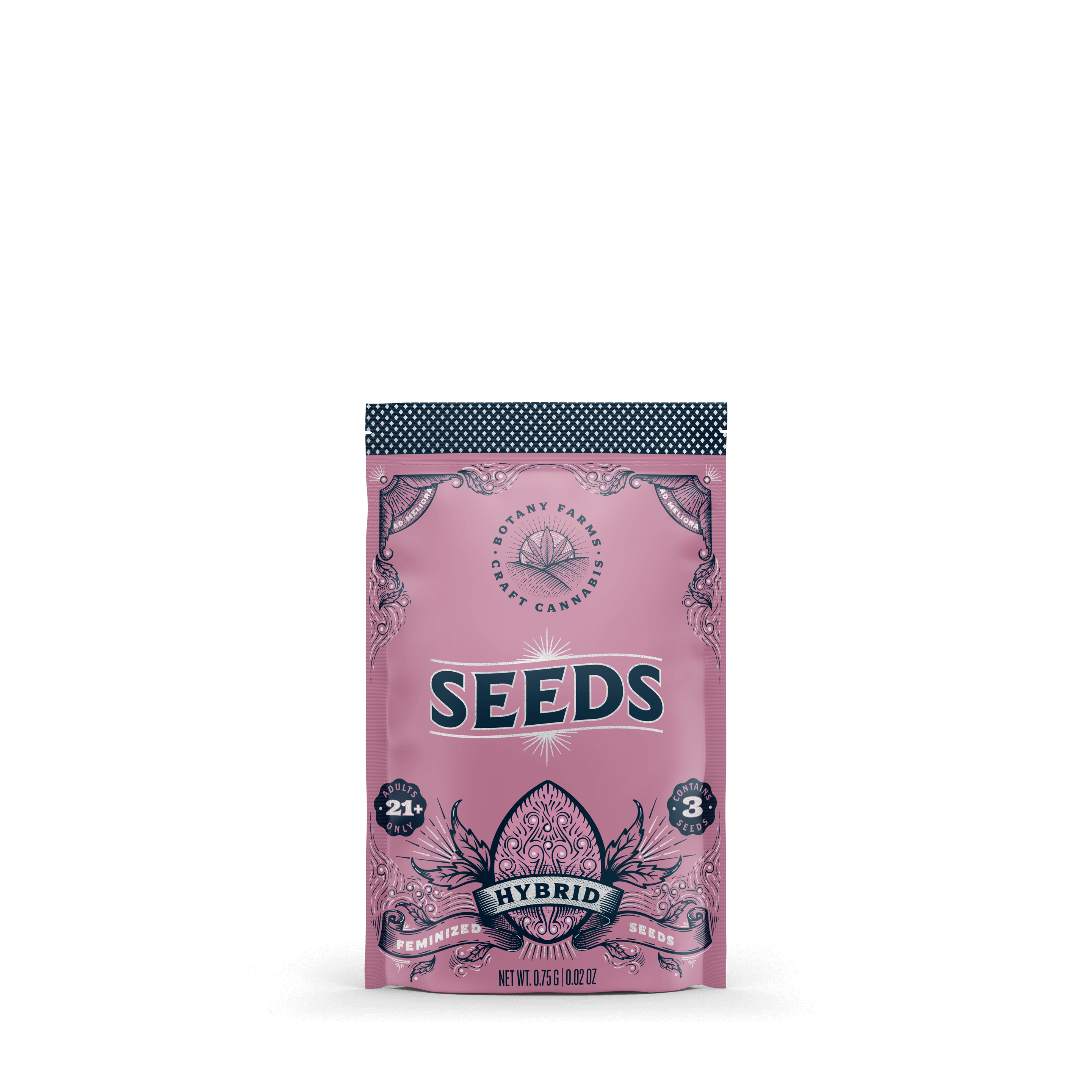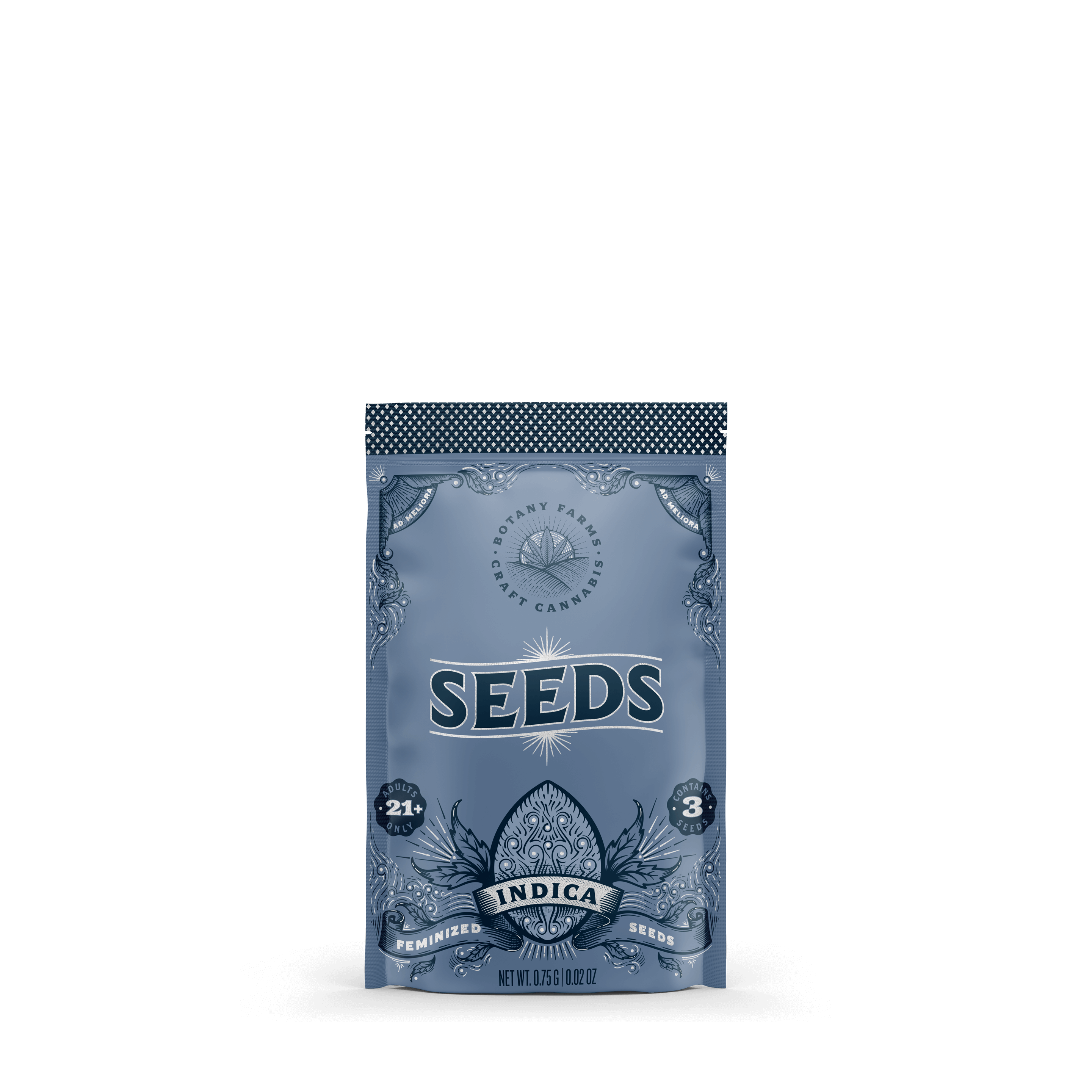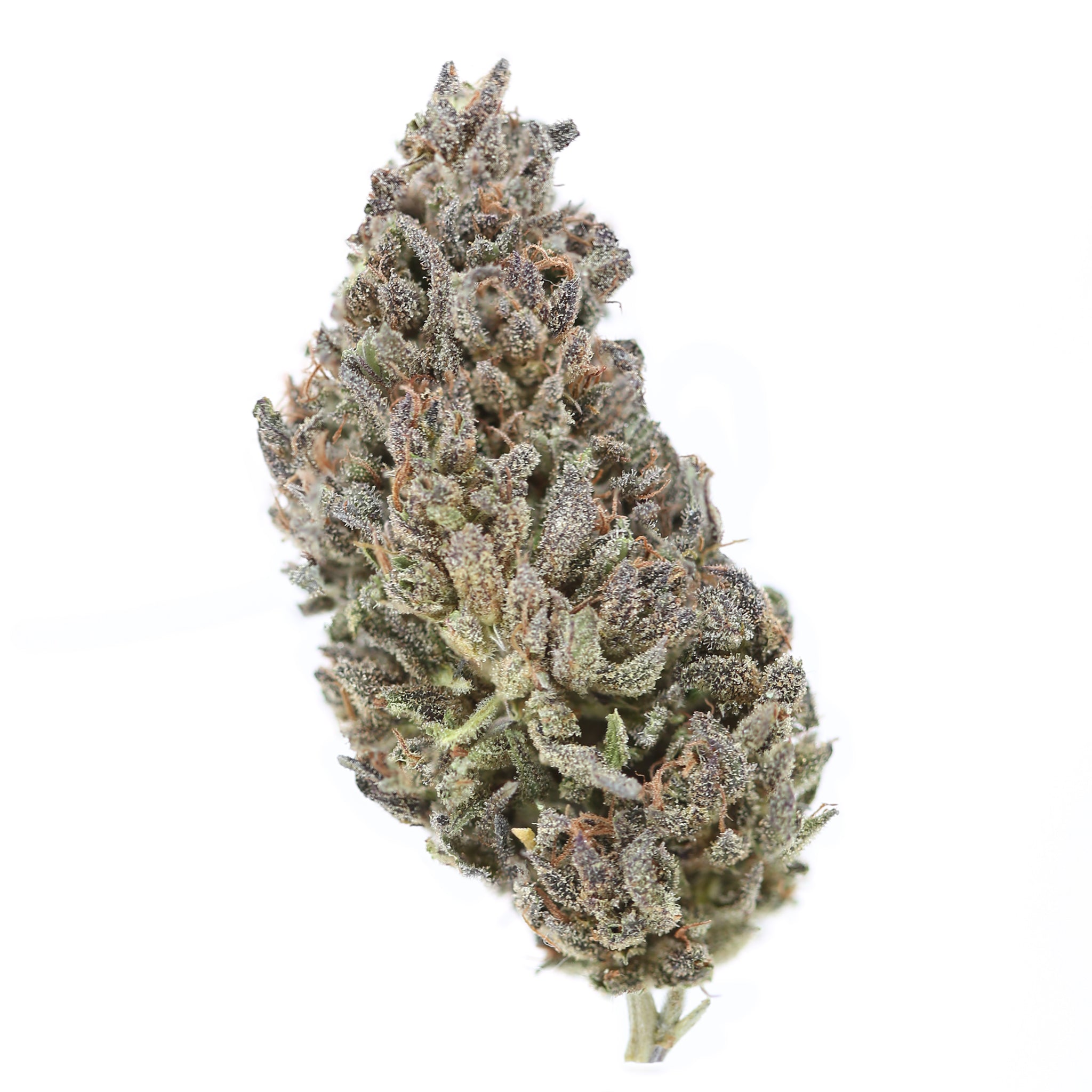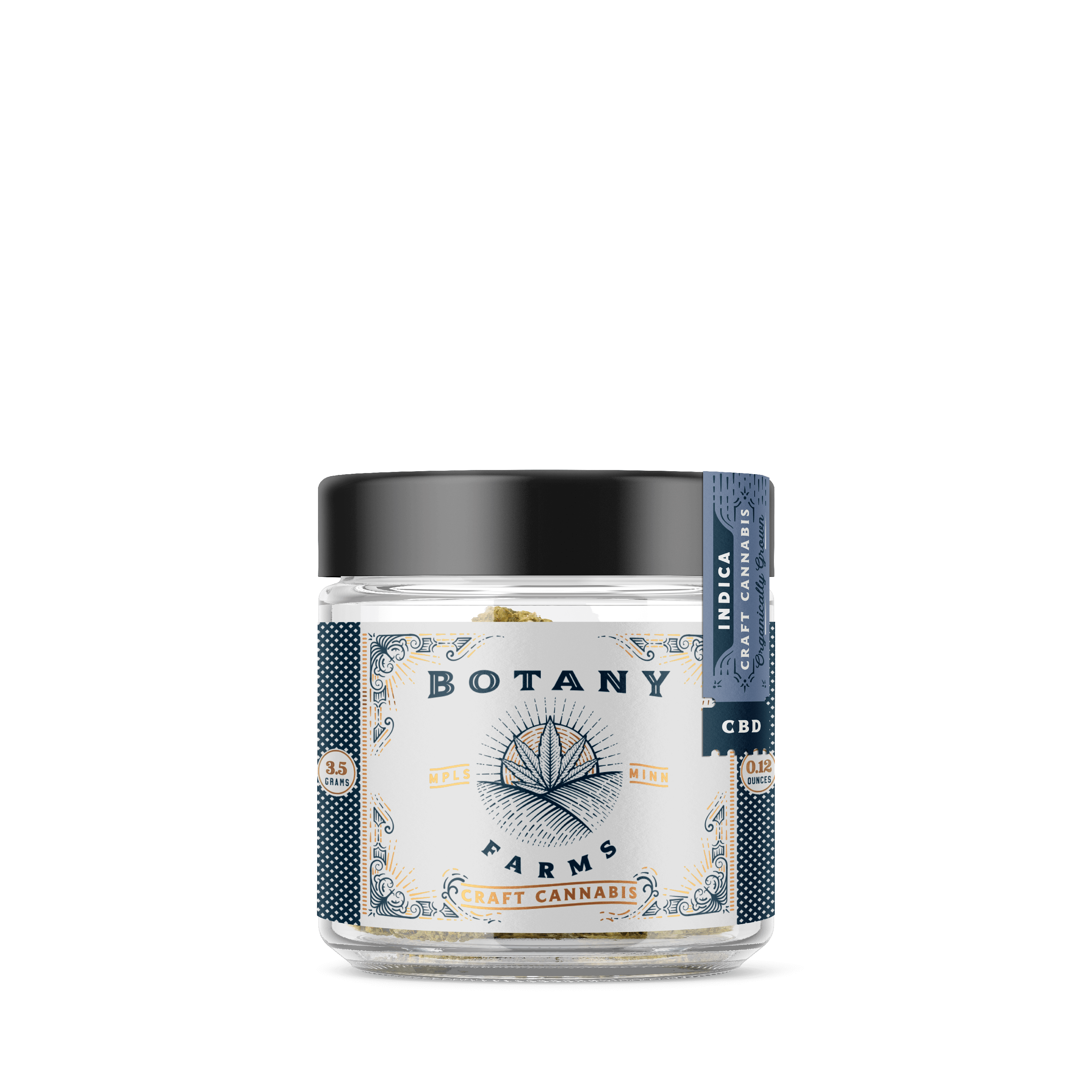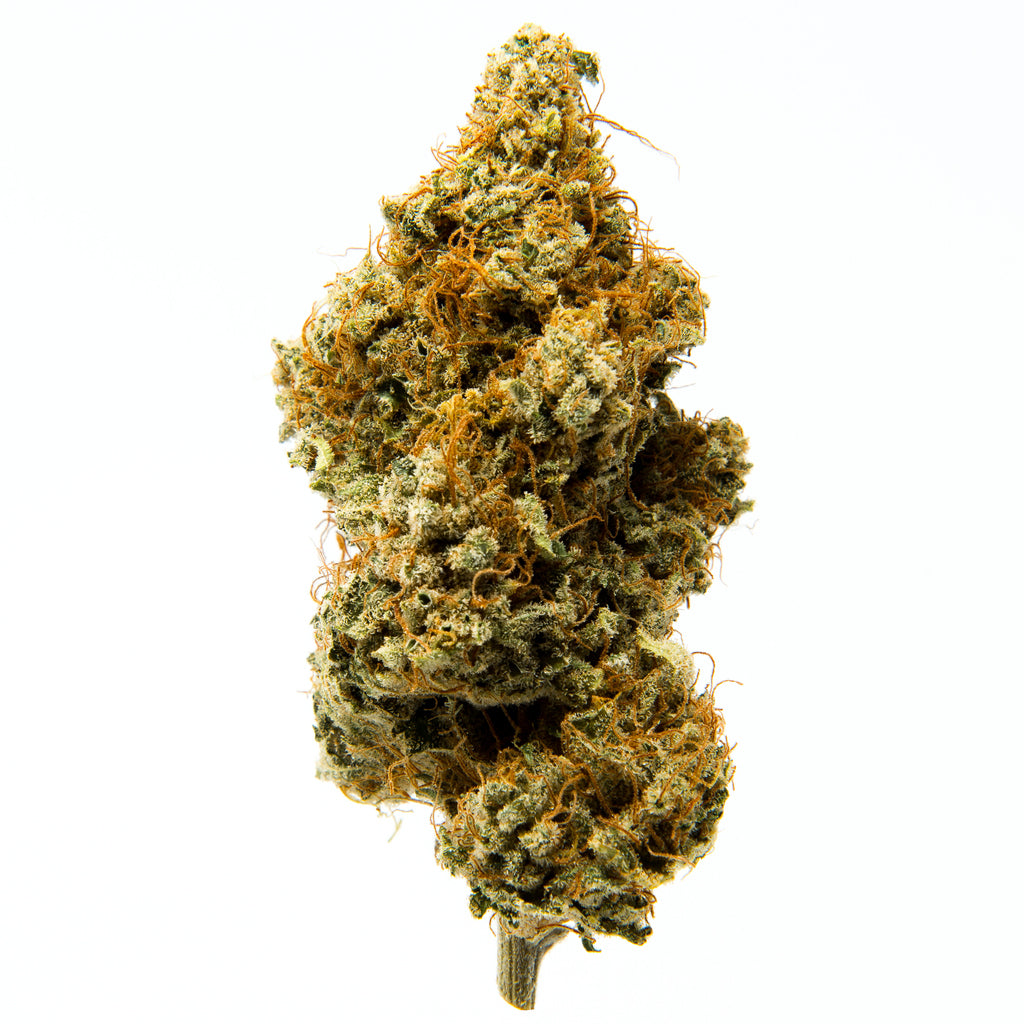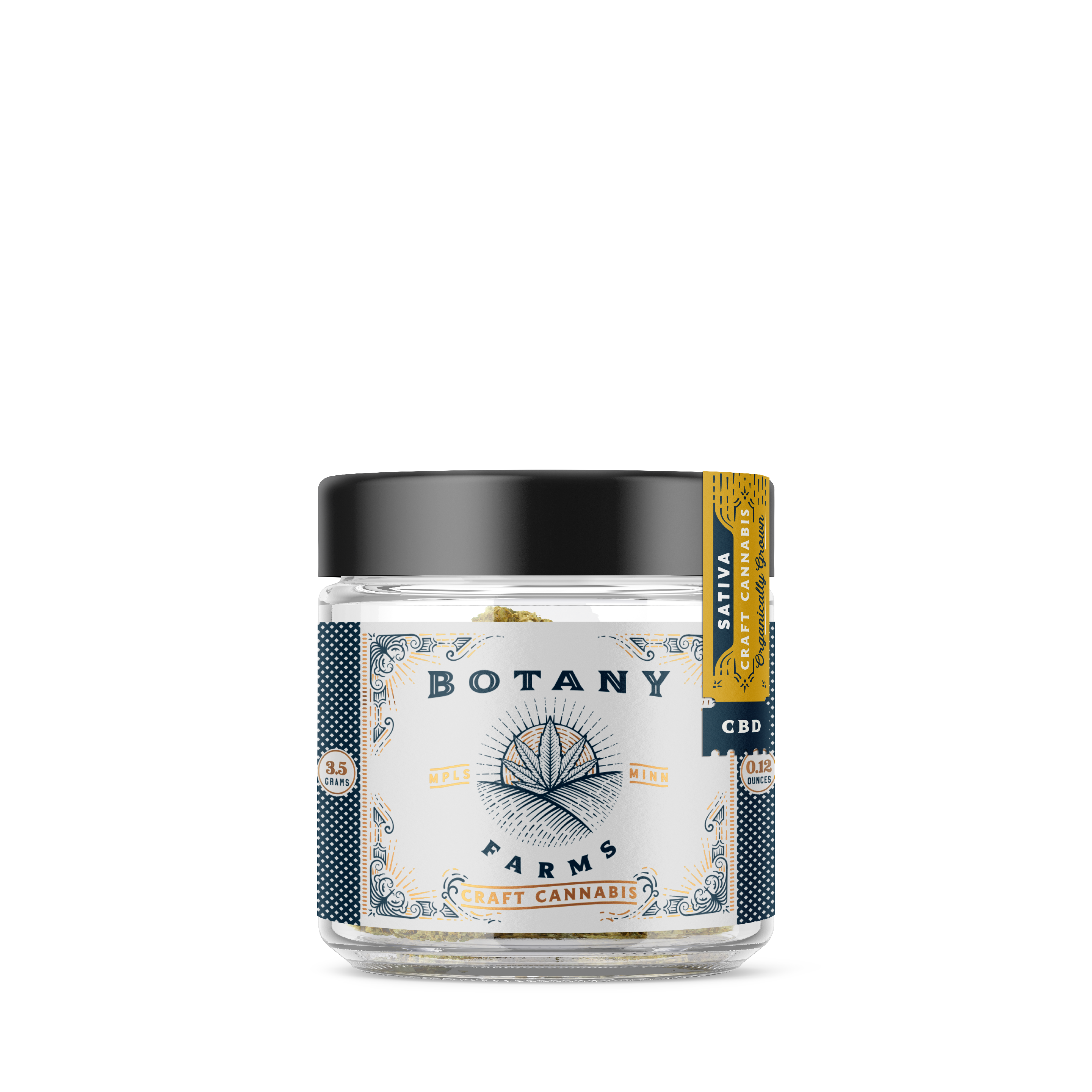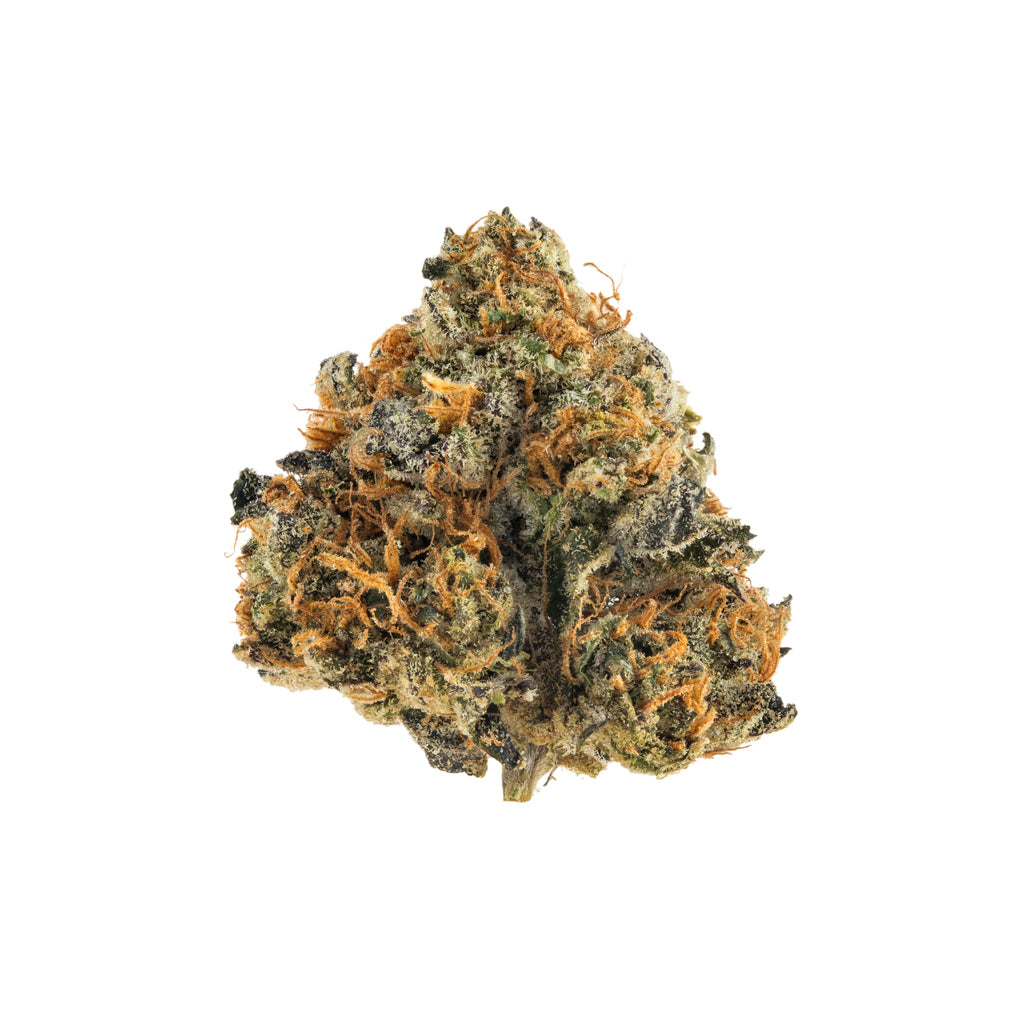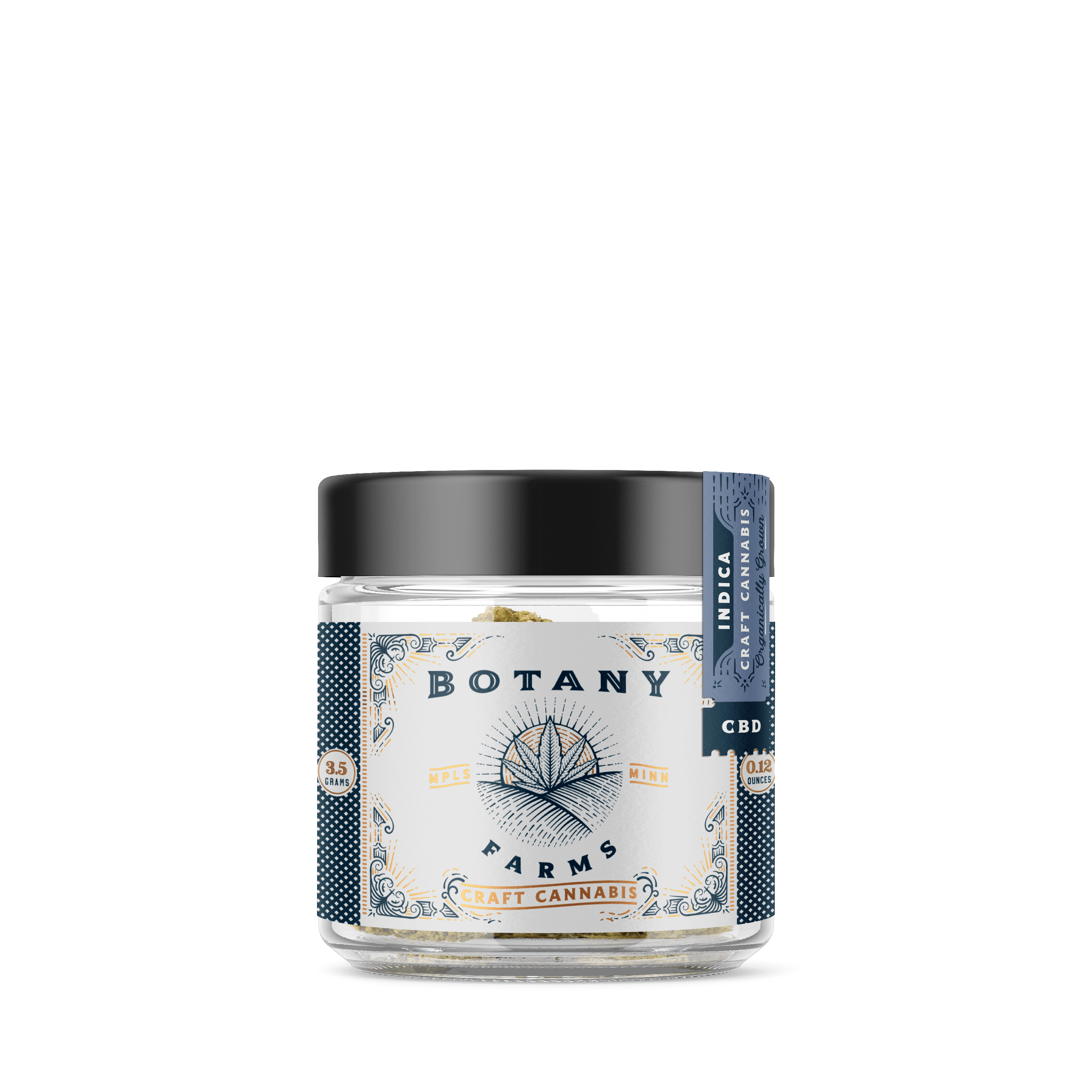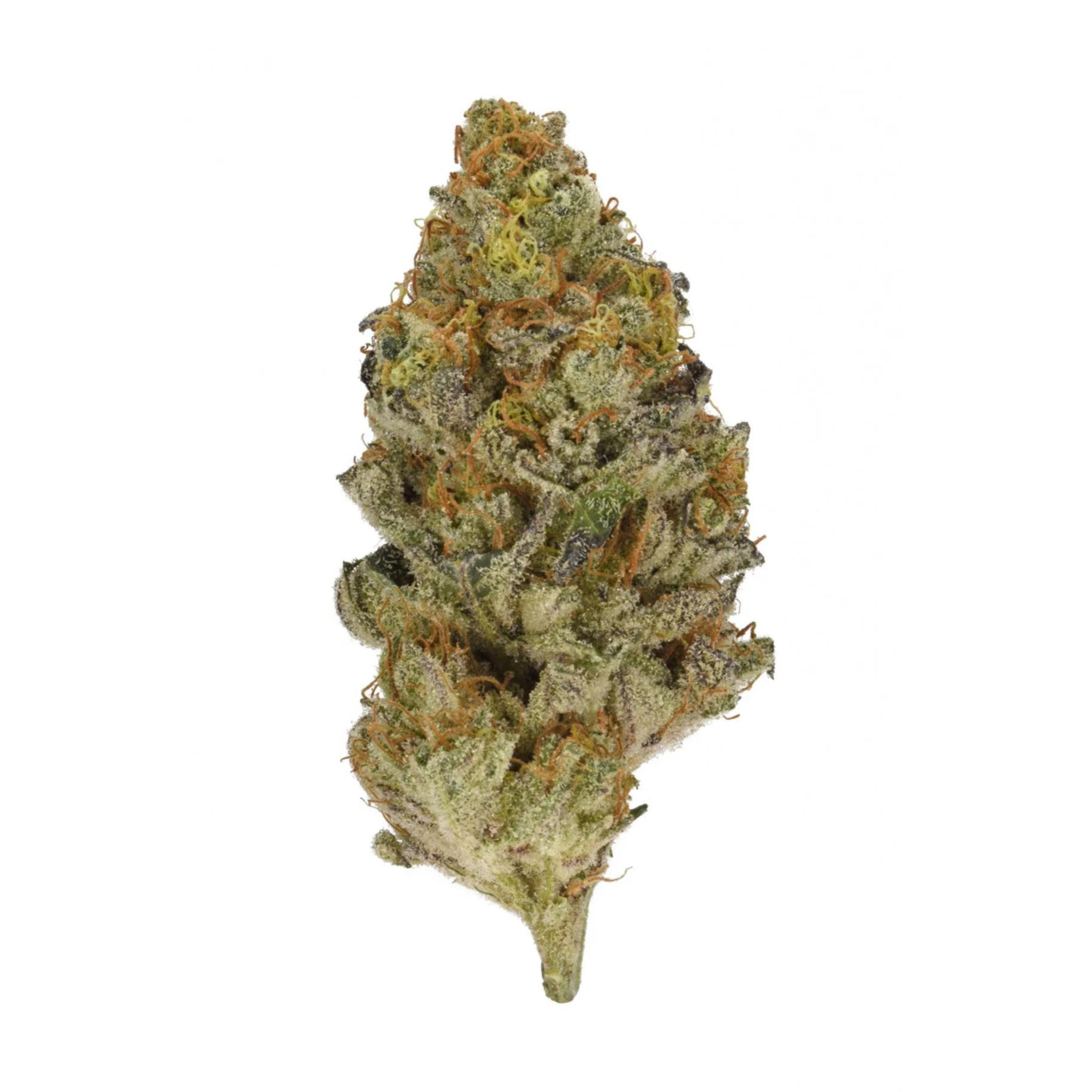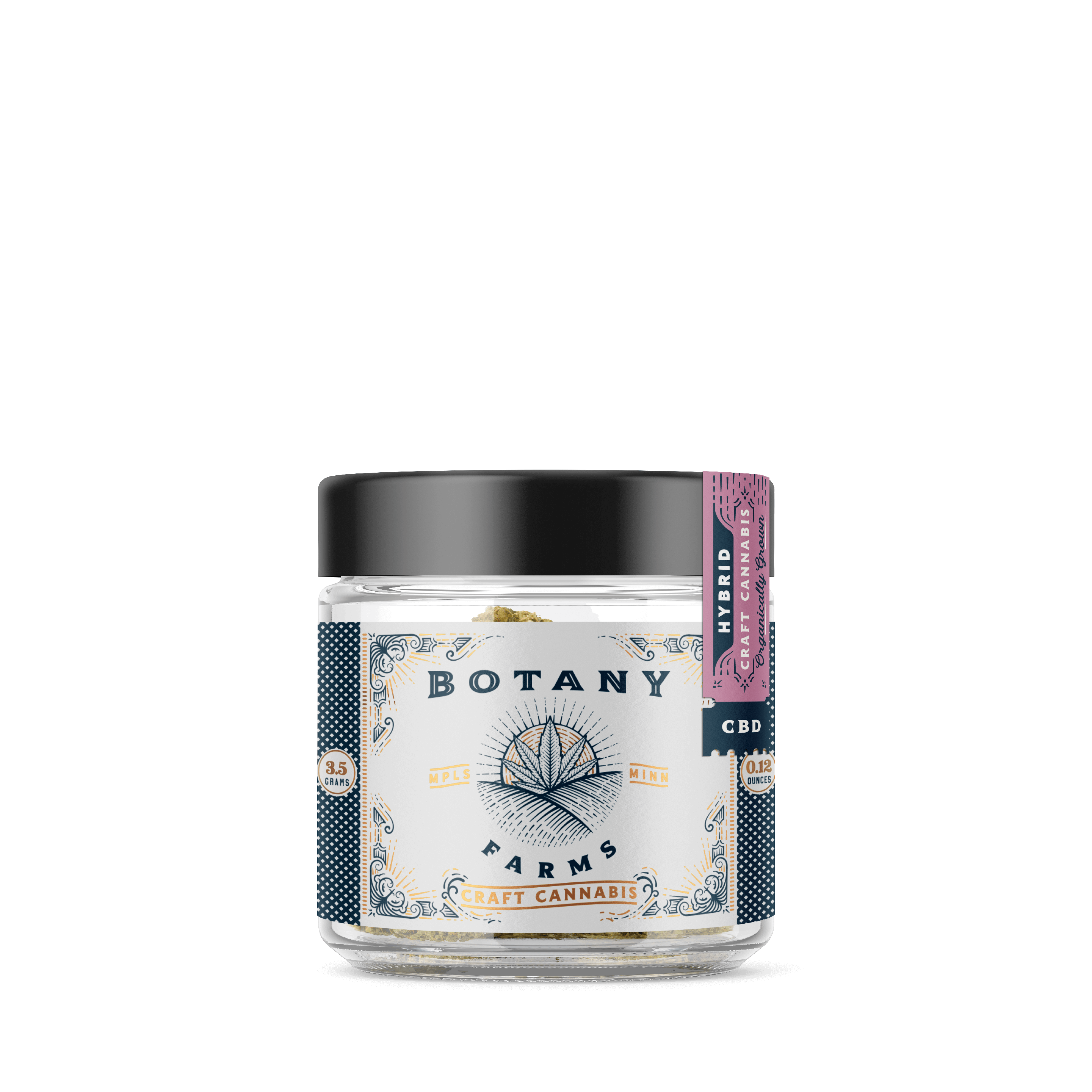The cannabis community has been abuzz with curiosity and excitement surrounding THCA flower. This unique and fascinating compound, THCA, or tetrahydrocannabinolic acid, has been exponentially growing in popularity due to its potential benefits and non-psychoactive nature in its raw state. In addition, THCA also carries a psychoactive potential similar to that of Delta-9 when decarboxylated. This extraordinary versatility has delighted the cannabis community in general, so it is normal that some want to know more about this new compound.
In this in-depth exploration, we unravel the mystery behind the creation of THCA flower, from its cultivation to refinement, and navigate through the turbulent legal ocean in which this fascinating cannabinoid exists. So, let's dive in!
Key Takeaways
- Unlike THC, THCA is non-psychoactive in its raw form, making it an attractive option for those seeking the potential therapeutic benefits of cannabis without the mind-altering effects.
- Many consumers appreciate the potential therapeutic effects of THCA without the impairment associated with THC, as well as having the option to decarboxylate it by smoking or vaping to unlock its psychoactive effects.
- Producing THCA flower begins with growing high THCA cannabis strains.
- Indoor and greenhouse growing methods are often preferred for their ability to provide precise control over these environmental factors.
- Harvesting too early can result in higher THCA content before it begins to convert to THC while harvesting too late can result in decreased THCA levels.
- After harvest, cannabis plants must be handled and stored carefully to avoid the conversion of THCA to THC.
THCA 101: Understanding the Basics
THCA is a natural compound found in raw or unprocessed cannabis plants. It is the precursor cannabinoid to THC, responsible for the psychoactive effects associated with the use of cannabis. Unlike THC, THCA is non-psychoactive in its raw form, making it an attractive option for those seeking the potential therapeutic benefits of cannabis without the mind-altering effects.
THCA is present in high concentrations in the trichomes of cannabis plants, which are small resinous structures that contain various cannabinoids, terpenes, and flavonoids. When cannabis is raw and unheated, it primarily contains THCA, with only trace amounts of THC. Nevertheless, upon heating or exposing THCA to sunlight or air, it decarboxylates, meaning it loses its carboxyl acid group, consequently unlocking its psychoactive potential.
The growing popularity of THCA can be attributed to its versatile nature. Many consumers appreciate the potential therapeutic effects of THCA without the impairment associated with THC, as well as having the option to decarboxylate it by smoking or vaping and unlock its psychoactive effects. As a result, demand for THCA-rich products, such as THCA flower, has soared in recent years.
THCA Flower Production: Key Considerations
| THCA 101 | THCA is non-psychoactive in its raw form and found in high concentrations in cannabis trichomes. It becomes psychoactive when heated. |
| THCA Cultivation | Involves growing high THCA cannabis strains under controlled environmental conditions to maximize THCA production. |
| THCA Harvesting | Timing is crucial; harvesting too early or late affects THCA content. Monitoring trichome development helps determine the optimal harvest time. |
| Post-Harvest Process | Includes drying and curing to preserve THCA content. Careful handling is required to prevent conversion to THC. |
| THCA Refinement | Involves extracting THCA from the flower using various techniques. The process aims to preserve the compound's non-psychoactive nature. |
| Legal Considerations | THCA's non-psychoactive status makes it less regulated than THC. However, laws vary by jurisdiction, and it's important to stay informed about local regulations. |
| THCA Consumption | THCA flower can be consumed raw for non-psychoactive effects or heated (smoked, vaped) for psychoactive effects. |
| THCA Storage | Should be stored in cool, dark, and humidity-controlled environments to maintain its quality and potency. |
How is THCA Flower Made?
Producing THCA flower begins with growing high THCA cannabis strains. These strains are specifically bred to produce high levels of THCA and low levels of THC. Environmental factors such as light, temperature, humidity, and nutrients play a crucial role in influencing THCA content. Indoor and greenhouse growing methods are often preferred because they provide precise control of these environmental factors.
Growing THCA-rich cannabis requires meticulous monitoring and care throughout the entire growth cycle. Growers must ensure that conditions remain optimal to maximize THCA production in plants. Any deviation in environmental factors can cause significant changes in cannabinoid profiles, significantly affecting the final desired THCA content.
Several cannabis strains are known for their high THCA content. Among these strains are Godfather OG THCA and Crystal Candy THCA, recognized for their unique qualities and THCA potency. These strains have gained popularity among users seeking the effects of THCA without the psychoactive effects of THC.
Harvesting: Timing is Everything
Harvest timing is a critical factor in preserving THCA levels. Harvesting too early can result in higher THCA content before it begins to convert to THC while harvesting too late can result in decreased THCA levels. Experienced growers carefully monitor trichome development to determine the optimal time for harvest.
Growers use several methods to determine the ideal time to harvest THCA-rich cannabis. Visual inspection of trichomes using a magnifying glass or microscope is a common technique. Growers look for a specific stage where the trichomes turn from clear to milky or amber, indicating the highest THCA content.
The Post-Harvesting Process
After harvest, cannabis plants must be handled and stored carefully to avoid the conversion of THCA to THC. This process requires meticulous attention to detail, as exposure to heat, light, or oxygen can trigger decarboxylation, transforming THCA into the psychoactive THC.
The post-harvest process includes drying and curing the harvested cannabis flowers. Proper temperature control and delicate handling are essential during these phases to preserve the greatest amount of THCA intact. Drying allows the removal of moisture excess, while curing improves the flavor and aroma of the final product.
Refinement: From THCA Flower to Product
In some cases, manufacturers use THCA-rich flower to create high-potency THCA products. Producers use solvent and solvent-free extraction techniques to separate THCA from other plant materials. This process results in a concentrated THCA extract, which can be used for various applications, including tinctures, vaping products, THCA edibles, or even to infuse buds that are rich in other cannabinoids.
The refinement of THCA differs from that of other THC-related hemp-derived cannabinoids, such as THCV, THCP, HHC, and the rest of the Delta family isomers. While THCA is known for its non-psychoactive properties, THCV is recognized for its potential appetite-suppressant effects and very mild psychoactivity. The refining of THCA focuses on preserving its non-psychoactive nature, while the refining of other similar cannabinoids, such as THCV, aims to enhance their specific characteristics.
Although THCA can occur naturally in large quantities in some cannabis strains, it can also derive from other cannabinoids extracted from hemp, such as CBGA or CBD. It is essential to mention that the refinement process for each cannabinoid is unique. Most hemp-derived cannabinoids require unique synthesis processes to obtain the desired isomer.
Some consumers prefer to enjoy the benefits of raw THCA without requiring extraction. That's why growers also sell whole high-THCA flower. THCA-rich raw nugs can be used for various purposes, such as making juices or adding them to salads and smoothies. Additionally, some users smoke THCA-rich flower as it provides a potentially legal way to enjoy cannabis psychoactivity.
Laboratory testing is a crucial step in the refinement process to ensure consistency and accuracy of THCA levels in products. Third-party testing laboratories verify cannabinoid content, ensuring consumers receive the quality and potency they expect.
The Legal Landscape of THCA
One of the remarkable advantages of THCA is its non-psychoactive status. As a non-intoxicating cannabinoid, THCA is not subject to the same legal restrictions as Delta-9 THC, which is the primary psychoactive compound in cannabis. This non-psychoactive nature has allowed THCA to carve out a unique legal path for itself.
While Delta-9 THC remains highly regulated and prohibited in many regions, THCA's legal status is more lenient due to its non-psychoactive nature. Nonetheless, the psychoactive potential of THCA as a precursor to THC has led some states to take restrictive measures to regulate this cannabinoid in order to avoid misuse or abuse. Therefore, it is crucial to stay informed about local laws and regulations, as they can vary significantly from jurisdiction to jurisdiction.
The production and sale of THCA-rich products are subject to specific regulations in some regions. These regulations may encompass licensing, quality control, and labeling requirements to ensure consumer safety and product transparency. It is vital that producers and consumers comply with these regulations to avoid legal complications.
Final Thoughts
In conclusion, the THCA flower production process is meticulous, from growing high-THCA strains to carefully monitoring environmental conditions and proper harvest timing. Post-harvest drying and curing processes are essential to preserve THCA content. For those looking for the tastiest THCA experience, live resin THCA vape cartridges are a great option.
For those interested in experiencing the effects of THCA from a relaxing Indica approach, strains like Gorilla Skunk THCA and Blueberry Kush THCA are some of the best options. These strains are renowned for their THCA potency and unique qualities. On the other hand, Skunk Fuel THCA and Strawberry Banana Kush THCA are perfect options for lovers of energizing and mood-boosting effects, as they belong to the Sativa family of strains.
THCA's distinctiveness from other cannabinoids, particularly its dual psychoactive/non-psychoactive nature, has made it an attractive option for both medicinal and recreational cannabis users. As cannabinoid research continues to evolve, the potential therapeutic benefits and versatility of THCA will likely be further explored, expanding its role in the ever-growing universe of cannabis products. Remember to stay informed about the legal status of THCA in your region to ensure you enjoy its benefits without legal complications.
THCA: Frequently Asked Questions
What are the benefits of using THCA flower?
The benefits of using THCA flower include its non-psychoactive nature when used raw, its potential therapeutic effects, and its versatility in consumption. This makes it an attractive option for those seeking the benefits of cannabis without the typical "high" associated with THC or for those looking for a legal way to enjoy cannabis psychoactivity.
How does THCA flower differ from other cannabis products?
THCA flower is differentiated from other cannabis products by its non-psychoactive status, which differentiates it from THC-rich products in both effects and legal terms. THCA flower offers a unique profile with possible therapeutic advantages and the possibility of choosing whether to consume it raw and thus avoid the intoxicating effects of THC or decarboxylate it through smoking or vaping to enjoy the psychoactivity that you are experiencing.
Can you get high from consuming THCA flower?
It all depends on the consumption method you choose. Consuming THCA flower will not induce a "high" if you consume it raw and without heating it. THCA is not psychoactive and is only converted to THC through decarboxylation, which typically occurs when heated. Therefore, if you choose a consumption method that requires heat, such as smoking, vaping, or preparing baked goods, THCA is converted to THC, potentially causing you to get high.
How should THCA flower be stored for maximum preservation?
THCA flower should be stored in a cool, dark place with controlled humidity levels to maximize preservation. Airtight containers, such as glass jars, are recommended to prevent exposure to oxygen, moisture, and light, which can cause degradation.
Is it legal to buy and consume THCA flower?
At the federal level, yes, it is legal to buy and consume THCA flower. Nevertheless, the legal status for purchasing and consuming THCA flower varies by jurisdiction. In some regions, it may be legal due to its non-psychoactive nature. Contrastingly, in other areas, it may be subject to specific regulations due to the psychoactive potential it holds when decarboxylated. It is crucial to check local laws and regulations to ensure compliance.
